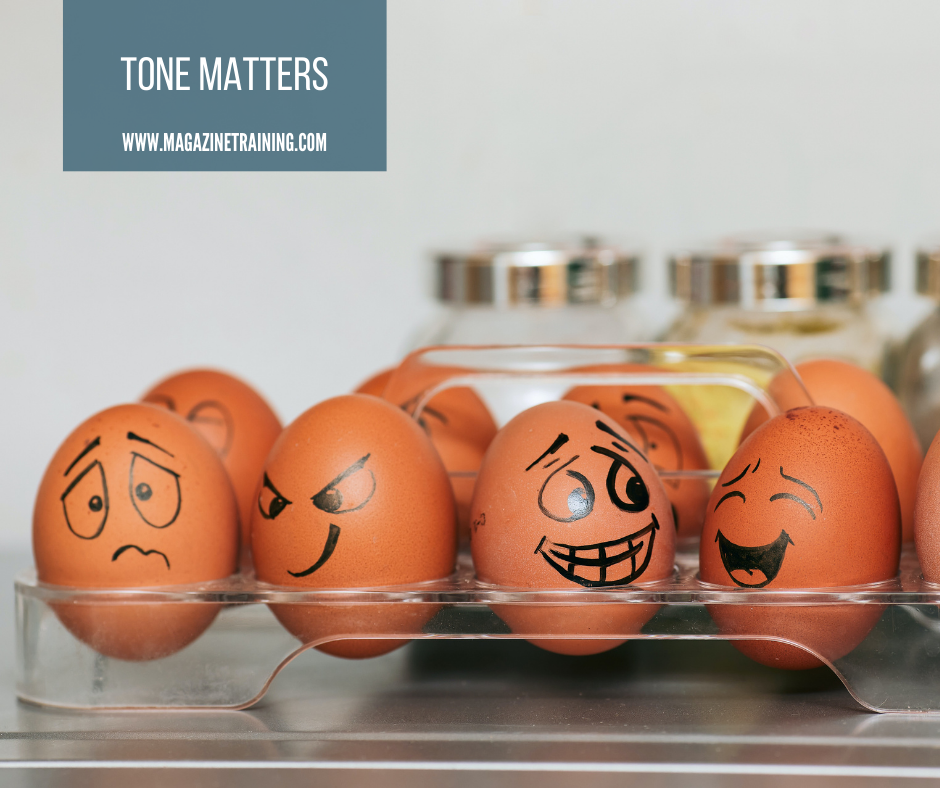
When you are working to engage a reader and to elicit a response, the tone of an article matters.
How Strong?
Recently I was editing an article for a client who had a great article with a prophetic voice. He was calling out people who said they put God first, but in actual life, others things seemed to take the top place.
“On Sundays we sing passionately about how Jesus satisfies our every need. But even a casual reading of our social media posts tells a different story … ”
I wondered if we should give the reader the benefit of the doubt and say: “But even a casual reading of our social media posts may tell a different story …”
In this instance, after discussing the word choice, we stayed with the stronger voice rather than adding the word “may” to the sentence. But there were several similarly strong statements at the start of this article, and I wondered if the reader would stop reading or tune out before they got to the place of deciding to turn wholeheartedly toward Jesus. There’s a fine line between presenting a compelling thought and turning off the reader.
Positive or Negative?
In a less weighty piece for a different client, I noticed that the writer often stated something in the negative, even if he was trying to elicit a positive response in a marketing brochure: “Our initial consultation is always free, so it can’t hurt to chat.”
The writer was using the words “can’t” and “hurt” while trying to get the reader to take a positive action. There is no need to make the reader think something is going to hurt, when you are offering a free consultation!
I suggested: “Our initial consultation is always free, so let’s chat about your needs.”
In addition to being positive, this sentence keeps the focus squarely on the reader. It told the reader that the company makes their needs a priority.
Another sentence originally touted excellence, but in a way that introduced doubt: “We pride ourselves on excellence and refuse to deliver sub-par results.”
This sentence starts with the implication that this is a great company that does great work, but then doubt is introduced. Why are they talking about sub-par results? Will they deliver sub-par results on my project?
I suggested: “We pride ourselves on excellence and the delivery of high-quality of results.”
The choice of a word or phrase makes a huge difference in tone. This step of editorial polish is important and can make the difference between good content and great content.
–Carla Foote, Fine Print Editorial

Related posts
Magazine Training International’s mission is to encourage, strengthen, and provide training and resources to Christian magazine publishers as they seek to build the church and reach their societies for Christ.

